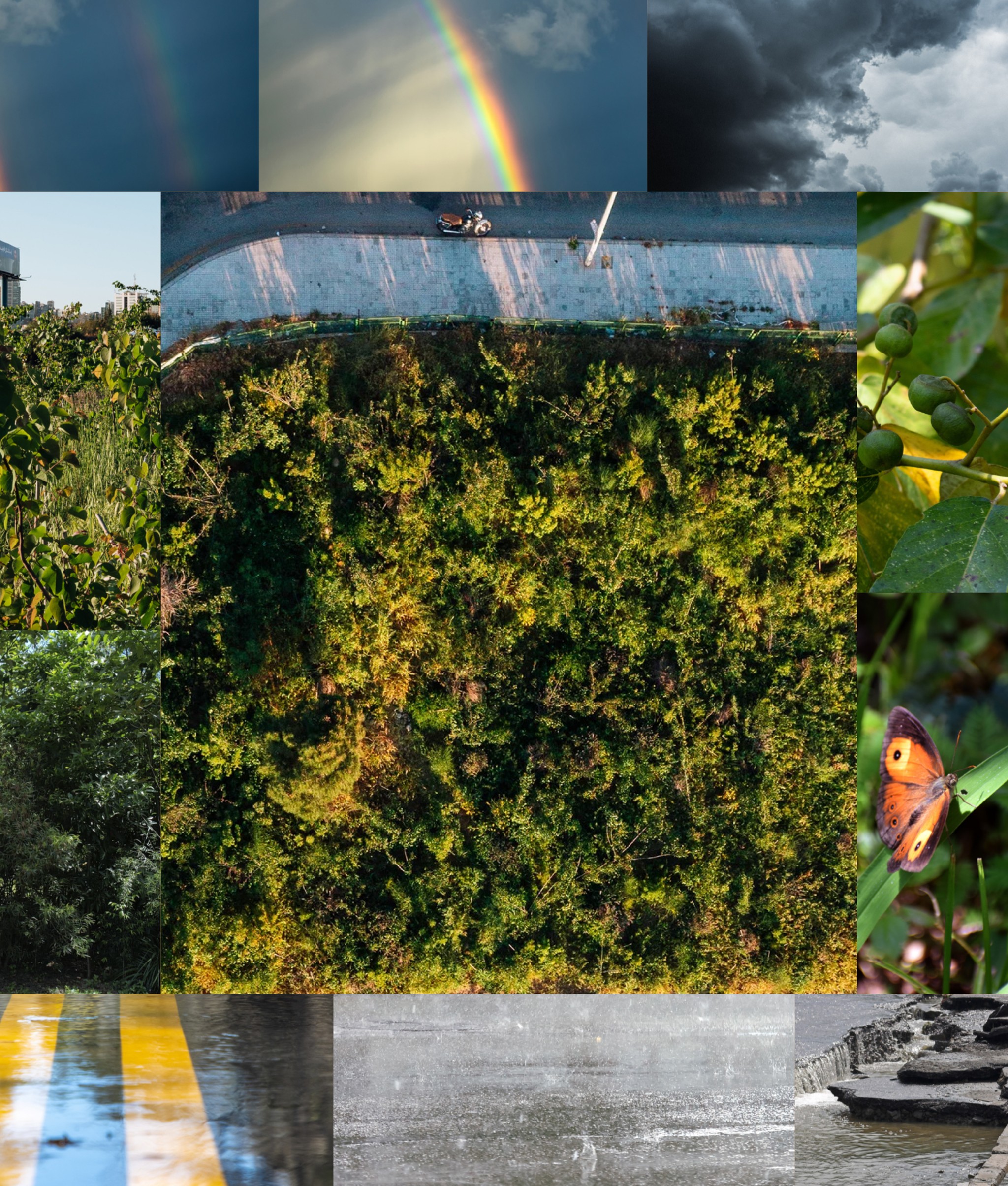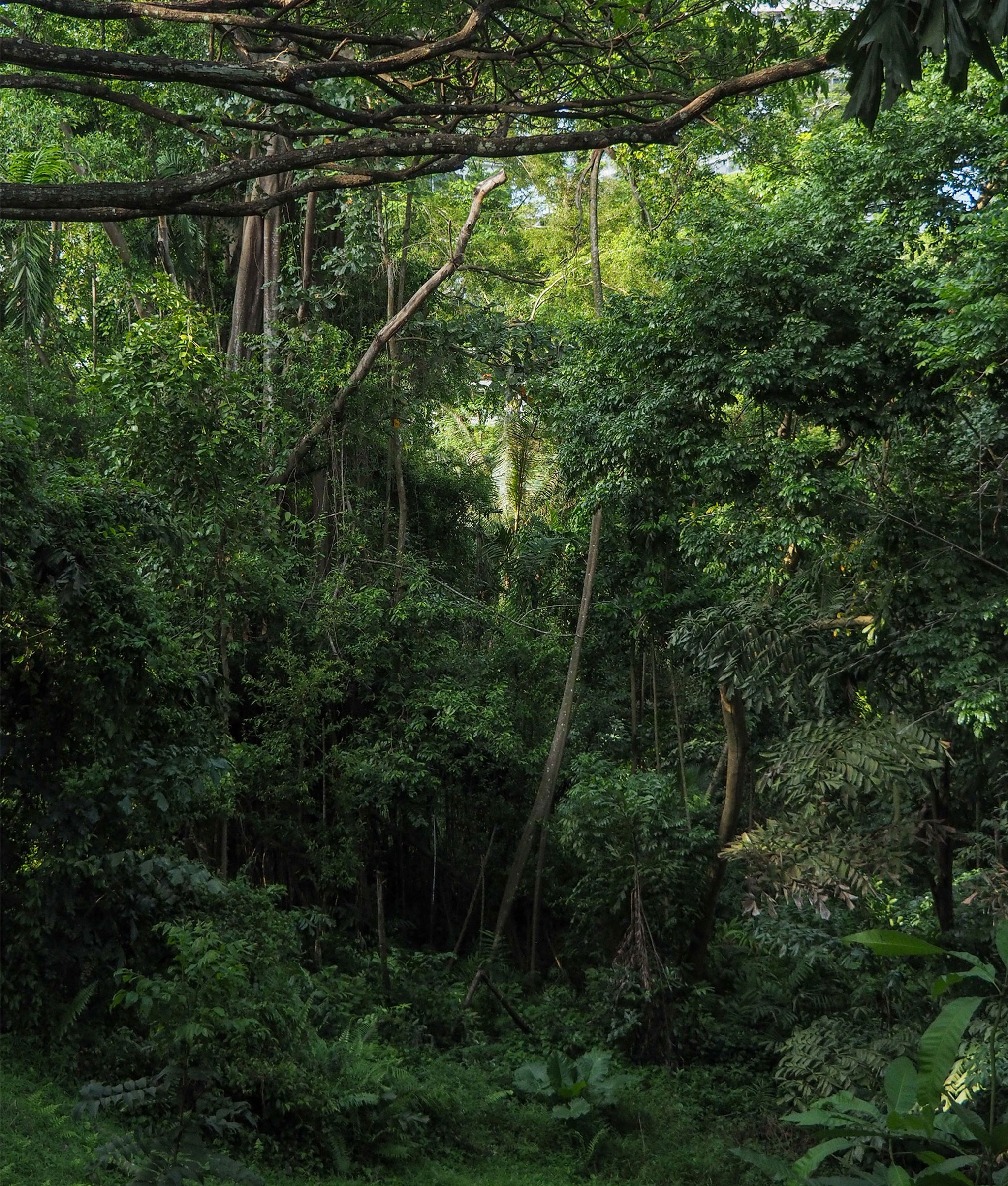Building Immunity Through Biodiversity
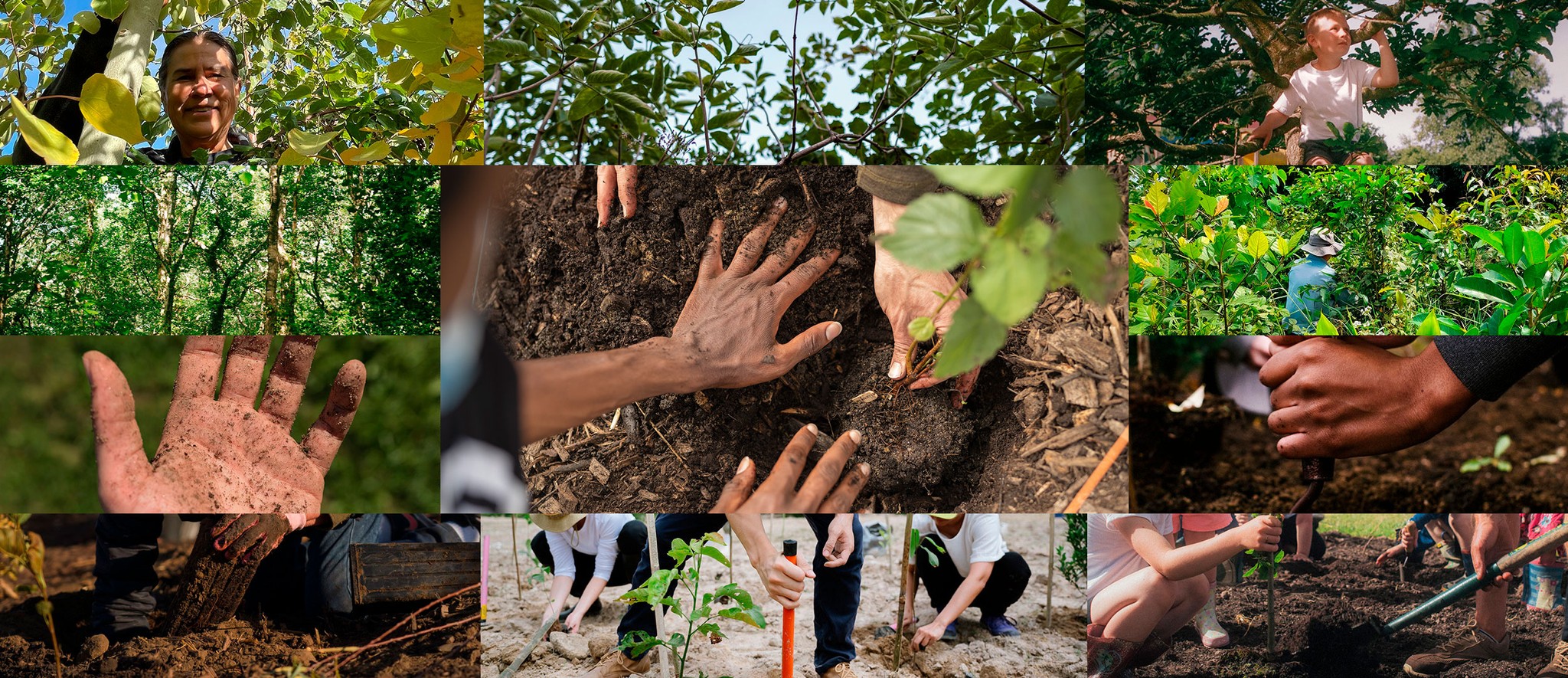
As human beings we benefit from nature in more ways than meets the eye.
We know it filters the air we breathe, provides green spaces, and strengthens climate resilience, while also promoting all-round wellbeing. However, one little known benefit is the ecosystem service provided to us by biodiversity via symbiotic microbiota.
Like plants and animals, humans are complex ecological units consisting of a host, and many other living organisms, all functioning as a whole through discrete cooperation.
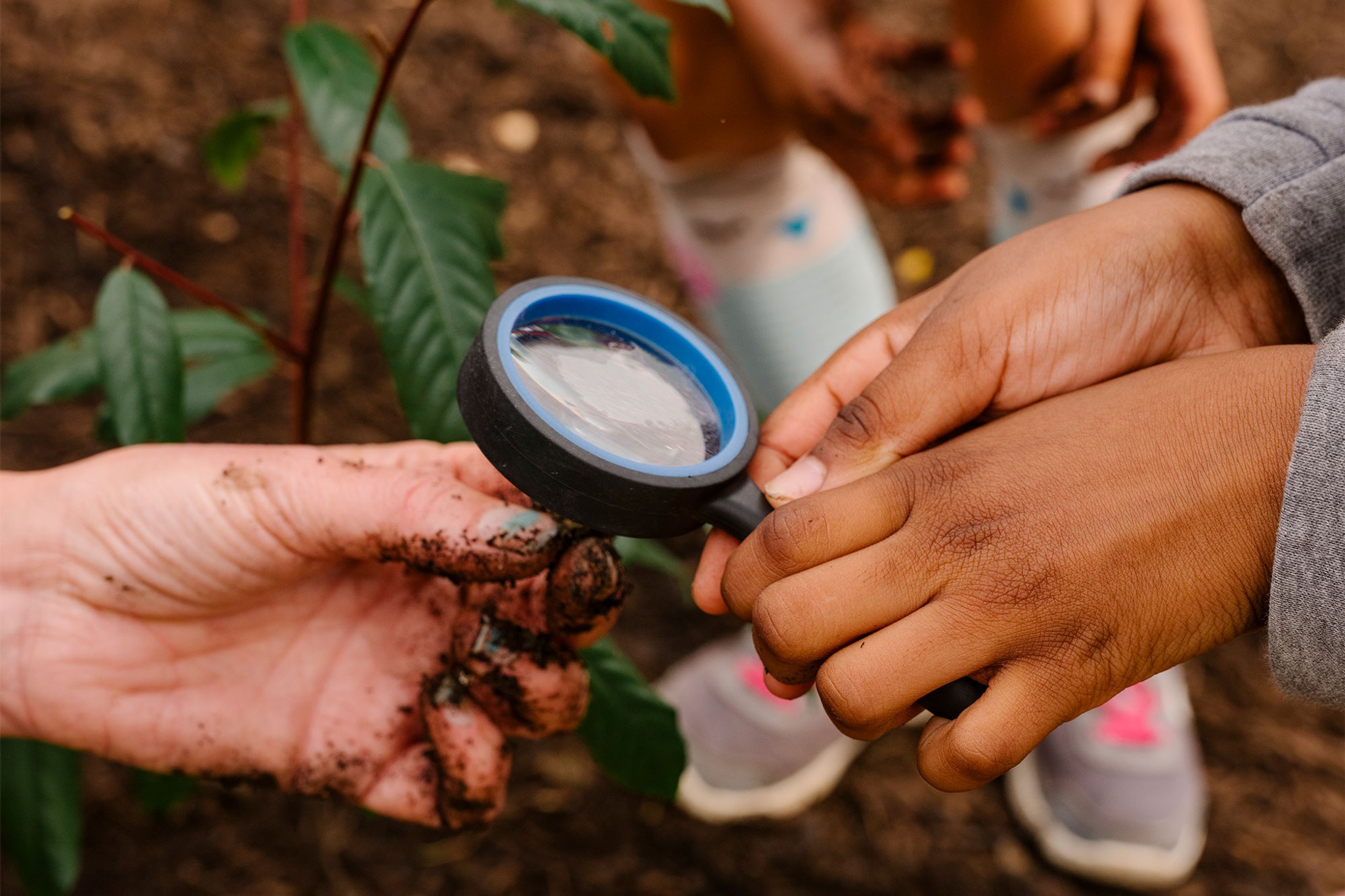
The microscopic life forms of microbiota are crucial for many biological systems and diverse processes, including phytohormone production in plants and immunomodulation in animals and humans.
They provide and support essential ecosystem services that benefit human health, including nutrient cycling and water filtration.
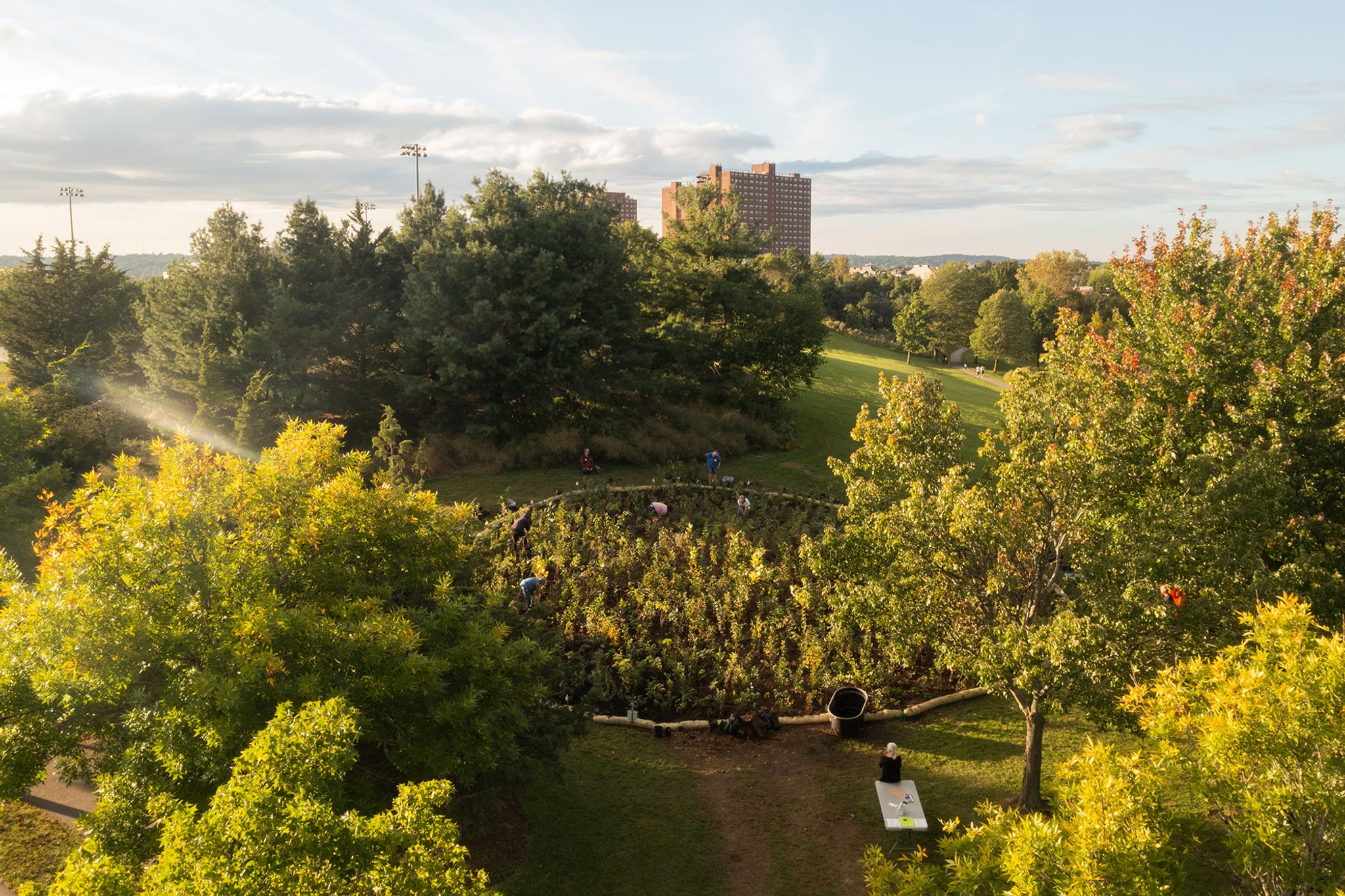
Urbanization disrupts the beneficial interaction between microbiota and their hosts.
The microbiome rewilding concept proposes that the ecological restoration of urban green spaces, through reinstating diverse microbiota, can create healthier habitats for humans.
Biodiverse environments, such as our SUGi Pocket Forests, provide a rich source of microbiota. These spaces, alongside public interventions like building microbiome-inspired green infrastructure, can help redesign our urban habitat.


